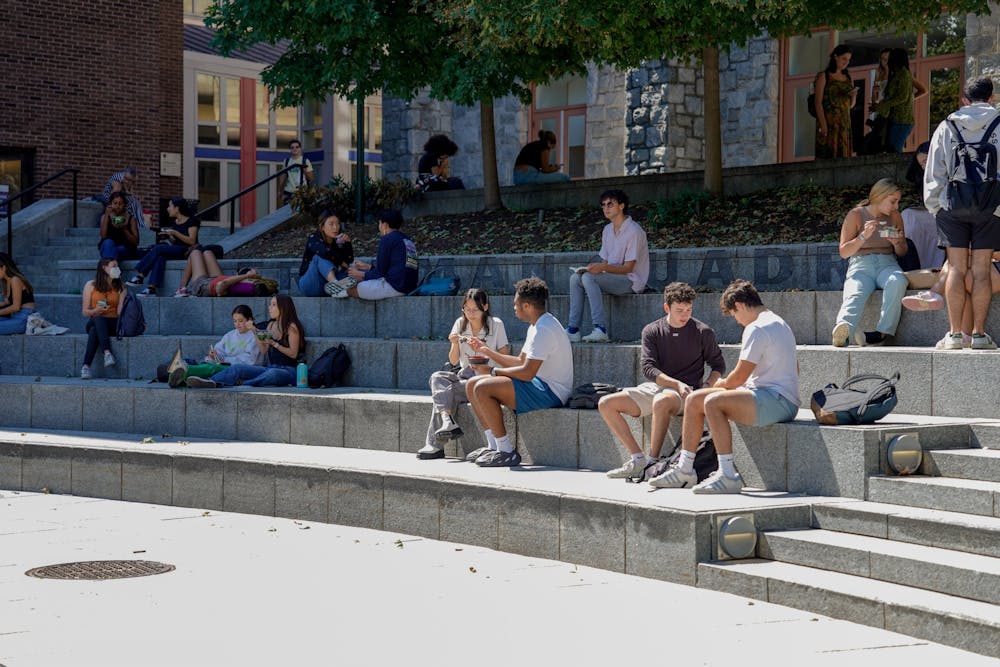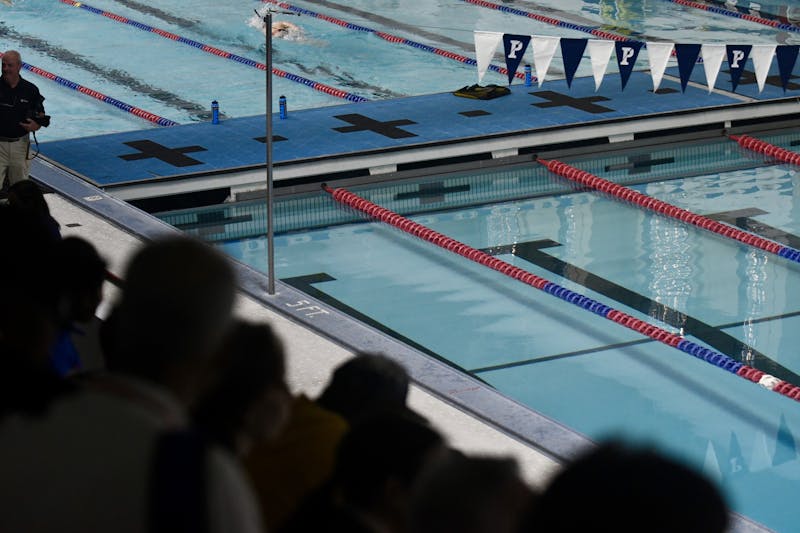
As students prepare to finalize their course schedules for the Nov. 13 advance registration deadline, The Daily Pennsylvanian spoke to upperclassmen and faculty who offered three main pieces of advice for first-year students.
Be flexible
Mark Yim, an undergraduate advisor for mechanical engineering students and professor of mechanical engineering and applied mechanics, said it’s “super rare” for students to have a definite plan for their future.
“I've told people that one of the things that have worked for me is to try to keep doors open,” Yim said. “Changing directions almost at any time is possible, and not that difficult.”
Upperclassmen also advised that students should have flexibility when approaching student clubs on campus. Due to Penn’s competitive club application process, College and Engineering junior Jason Lu encouraged students to consider other options that are suited to their interests if their original plan doesn't work out.
First years have reported anxiety associated with the first advance registration period after arriving at Penn for several years. However, College sophomore Christina Kong said that first-year students should be open-minded when it comes to not getting the ideal schedule.
“I’ve had the experience where I didn’t get the course I wanted,” Kong said. “But then, the alternative that I got turned out to be better than I thought it would be.”
Lu echoed Kong's sentiments and said that not getting the schedule students initially planned for is normal.
"If you don't end up getting the schedule that you ideally want, know that it's okay," Lu said. "I know some people that [have] had to add all of their classes during the add-drop period. That’s fairly normal, so don't get worried about that.”
Ask for help
“Penn Face”, the phenomenon to appear perfect both socially and academically, often prevents Penn students from asking for help. College and Wharton sophomore Marco Garcia said that he found asking for academic advice through informal channels to be useful.
“Definitely, I’d say speak to upperclassmen, and to speak to people who have taken courses that you're particularly interested in,” Garcia said.
Garcia added that asking for class recommendations in group chats — especially those that are major-focused — is another good strategy.
Lu also found both peers and mentors to be particularly helpful during his first year, including his College contact and major advisor.
“[My College contact] actually was able to help me more than my pre-major advisor in the fact that she could, because she was an assistant dean, increase my course load,” Lu said.
Take care of yourself
Garcia said to establish a good balance between hanging out with people and having time alone.
“Sometimes, alone time is what a lot of people need,” Garcia said. "You'll end up eventually finding your perfect balance.”
Kong emphasized the importance of blocking out time for self-care routines.
“I try to leave self-care time where I can just journal, and then do face masks in my own room,” Kong said. “I think just allocating time for things that you could do for yourself is important.”
Garcia reiterated that “everything will be fine.”
“You're here for a reason,” Garcia said. “And you definitely deserve to be here – no matter how bad you do on the next math quiz, how much you're struggling on this specific exam. Everyone is meant to be here. And don't ever doubt yourself on that.”
The Daily Pennsylvanian is an independent, student-run newspaper. Please consider making a donation to support the coverage that shapes the University. Your generosity ensures a future of strong journalism at Penn.
Donate






